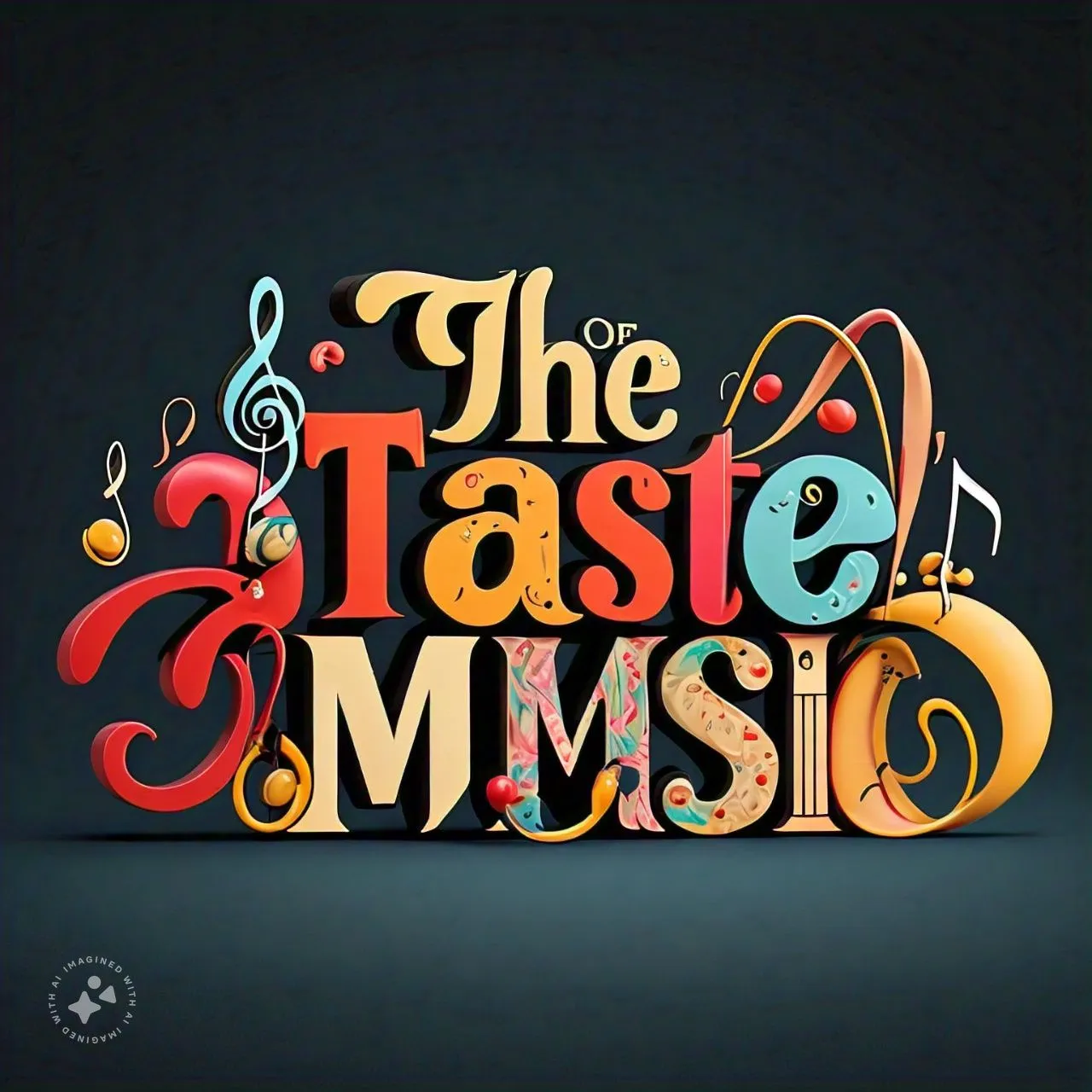
A few people have special taste buds that allow them to experience food differently than the general population. Similarly, when it comes to music, there are also various tastes, and different categories of music lovers perceive music in distinct ways, to different extents.
With the creation of newer genres of music over the last twenty years, new tastes have been discovered in people. Many have even grown to love new genres, as it were. But what determines the kind of music you love? Is there a way to trace why you love the music you do? And how does it really work? I am attempting to explore this subject, but I, too, acknowledge that there are certain types of music I don't particularly enjoy. Even when the message is clear and sometimes truthful, I may not like the way it flows. On the other hand, there are songs where I might not agree with the message, yet I still catch myself nodding to the rhythm.
But this post isn't about me, so let's dive into the heart of the topic.
Music is important to the human soul. First, it is a tool for learning and passing down cultural knowledge through generations. It also helps the human mind to connect socially and align with the nature of rest. I have seen music used in both war and peace, at births and deaths. Truly, there is no aspect of human life where music cannot be impactful. The music we choose in various situations likely depends on three key factors: personal reasons, cultural reasons, and, most importantly, psychological reasons.
Let's delve into some of these factors, and don't forget to share your thoughts in the comment section below.

If you are a musician who creates music for either entertainment or recreation, it will be useful to understand the importance of this brief discussion.
It may interest you to know that the personal environment where someone grows up has a lot to do with the kind of music they like. Often, a person’s age also influences their preference for certain types of music, such as why older people tend to love classic country songs.
For some, life experiences tilt them toward certain kinds of music. This gives them a sense of connection with the lyrics because they relate deeply to what’s being sung. A good example of this is faith-based songs. For Christians, singing to Jesus is a form of self-reminder and teaching. Although it may be difficult to connect with such music at first, as one’s understanding of the faith deepens, it becomes easier to appreciate.
Personality traits and temperament also play a role. Calm people might naturally gravitate toward soothing music, while the opposite can be true for others who enjoy loud and energetic tunes, despite being calm themselves.
Cultural influences are another significant factor. The country you are from plays a large role in shaping your musical preferences. Afro music, for example, originated in Africa, Nigeria, while hip-hop emerged from the United States. Unsurprisingly, these genres tend to be most popular in their countries of origin. Moreover, the values and norms expressed in a society’s songs can impact listeners, particularly when an artist’s music aligns with those values. However, it’s worth noting that fewer songs today focus on values, with most modern music centering around pleasure. This shift has also influenced younger generations’ taste in music.
To some extent, history and geographical location can also inspire a love for specific genres. For instance, if someone sings about a place you know well, you might naturally feel more connected to the song because you can relate to its ambiance.
When it comes to the psychological aspect, music is far more emotional than just outward sound. I've seen people cry because of a song, while others scream when their favorite track comes on. Music can be a mood lifter or trigger deep nostalgia, reminding you of memories long gone.
By now, you likely have a clearer understanding of why you love your favorite songs. There may even be songs you've never heard simply due to limited access—what's available in your country or on your preferred platforms might shape your exposure. Peer influence also plays a role; you're more likely to enjoy the music your friends share and love.
Finally, the effort an artist puts into promoting their music matters when determining whether people will discover and love it. This applies to recording artists, who might benefit from hiring a manager or joining a record label to help with promotion. Independent musicians can also make efforts to market their work, but how they go about it plays a huge role in how their music is perceived and embraced.
I hope this post has helped both music lovers and creators understand what influences musical taste and how to use that knowledge to their advantage. Until my next post, stay vibed up!
Images created using MetaAI
